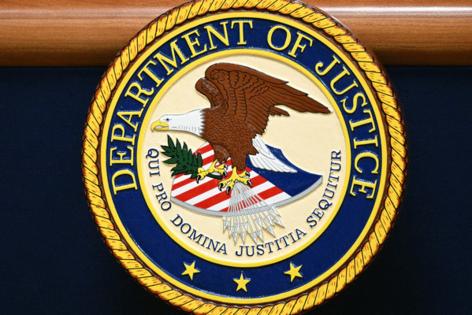A Pa. man helped people get more than $200,000 in pandemic unemployment money. The problem? Many were in prison.
Published in News & Features
Under different circumstances, Alexander Daravina's actions could have been viewed as noble.
Just months after COVID-19 upended the job market and international economy in 2020, Daravina, then 33, helped dozens of people apply for and receive thousands of dollars each from the Pandemic Unemployment Assistance program.
The problem, federal authorities said, is that he did so from a Pennsylvania state prison — and many of the beneficiaries were behind bars with him, making them ineligible for such benefits.
In all, prosecutors said, the scheme defrauded the government out of more than $200,000.
In an indictment unsealed earlier this week, prosecutors said Daravina — then a prisoner at State Correctional Institution Phoenix in Montgomery County — spearheaded the operation alongside Moses Benabe, who was dating a relative of Daravina's girlfriend.
Daravina, the indictment said, obtained names, birthdays, and Social Security numbers of other people, including fellow prisoners, and sent them to Benabe.
Benabe then submitted applications to the program on the recipients' behalf, the document said, and had debit cards loaded with cash mailed to the addresses of other people aligned with the conspiracy.
Prosecutors said Daravina and Benabe knew they were submitting applications for people who were not eligible to receive benefits. But they still managed to generate scores of debit cards between July and September 2020, prosecutors said, many of them worth more than $11,000 apiece.
Both men have been charged with conspiracy, wire fraud, and aggravated identity theft. Their attorneys did not immediately respond to requests for comment Thursday.
The federal Government Accountability Office said in 2023 that it believed up to 15% of the unemployment insurance paid during the pandemic was fraudulent, totaling more than $100 billion. Lawmakers and law enforcement agencies say they have taken a variety of steps to try to recoup stolen funds or prosecute those who participated in fraud.
Prosecutors said Daravina and Benabe could each face lengthy prison terms if convicted. Both would face a mandatory minimum of two years behind bars.
©2025 The Philadelphia Inquirer, LLC. Visit at inquirer.com. Distributed by Tribune Content Agency, LLC.







Comments